Ethiopia
Amnesty International on Thursday called on the Ethiopian authorities to lift the blocking of access to several social networks, including Facebook, Telegram, TikTok, and Youtube, which have been inaccessible since February 9 in Ethiopia.
"The Ethiopian authorities, for a month, have been preventing people in the country from accessing certain social networks," which "clearly violates the rights of citizens to freedom of expression and access to information," denounces in a statement the deputy regional director of Amnesty for Eastern and Southern Africa, Flavia Mwangovya.
The web pages of Facebook, Telegram, TikTok, and Youtube or their mobile applications were still unavailable on Thursday in Ethiopia, AFP journalists noted.
The Open Observatory of Network Interference (OONI), a censorship detection association, has noted the blocking of these social networks since February 9.
According to Amnesty, these blockages follow calls for demonstrations by leaders of the Ethiopian Orthodox Church in the country to protest against the recent establishment of a dissident synod.
Abune Mathias, the patriarch of the tewadeho Church - which represents about 40% of the country's 120 million inhabitants - had criticized Prime Minister Abiy Ahmed for offering a form of recognition to the excommunicated "illegitimate group" and accused him of "interfering in religious affairs".
The demonstrations were eventually canceled after a meeting between church leaders and Mr. Abiy.
When contacted by AFP, neither the Prime Minister's office nor Ethio Telecom - a 100% public operator - replied immediately.
The Ethiopian authorities have cut or restricted access to the Internet or to certain platforms several times in recent years.
The previous government did so several times between 2015 and 2017 when it was facing a protest movement not seen in 25 years.
This has also been the case since Mr. Abiy came to power in 2018.
The northern region of Tigray, the scene of an armed conflict with the federal government, was largely deprived of telecommunications for two years. Networks have been partially restored since a peace agreement was signed in November.



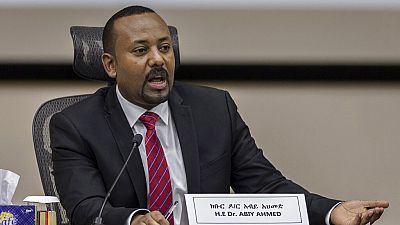

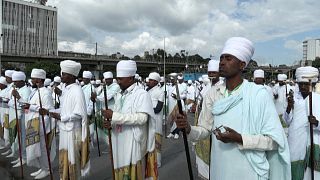
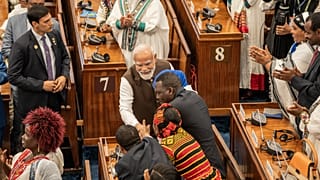
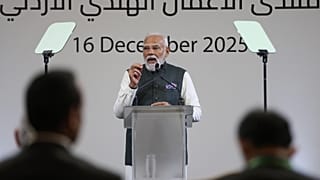
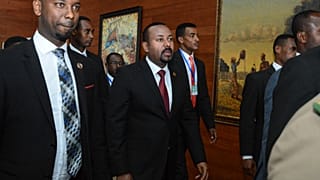


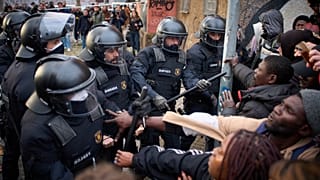
Go to video
South African DJ Warras fatally shot in Johannesburg
Go to video
South Africa moves to bring home citizens trapped in Ukraine conflict
Go to video
Gunmen kidnap 13 worshippers in Kogi state, Nigeria
Go to video
South Sudan grounds UN aircraft and alleges illegal surveillance and smuggling
Go to video
9 African migrants died in freezing temperatures near Morocco-Algeria border
Go to video
Ugandan Priest detained by Military amid rising election tensions